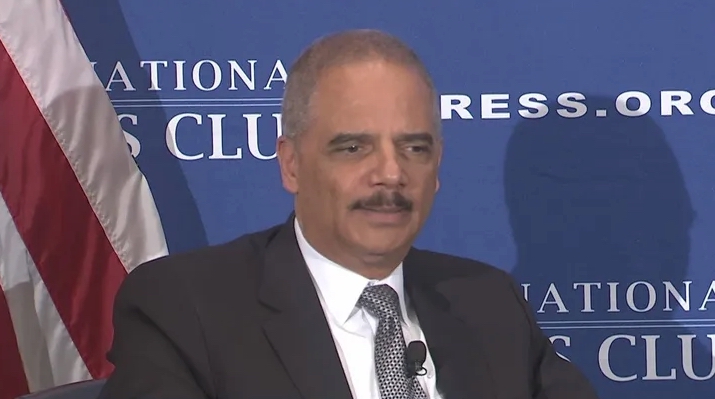U.S. Sen. Bob Corker, R-Tenn., shares with Wall Street Journal readers his analysis of the United Auto Workers’ latest loss in a vote at a Chattanooga Volkswagen plant.
Picture an election where an entity is given nearly unfettered access to voters for two years and then is allowed to call for a surprise vote with only a few days’ notice. Then imagine that the entity loses the vote and complains that “outside forces”—who happen to be community leaders—should not have been allowed to speak or share their point of view. While most Americans can contemplate such a scenario playing out in another country, this is what has been happening in Tennessee.
Just over two weeks ago, an election was held at the Volkswagen VOW3.XE +0.43% plant in my hometown of Chattanooga to determine whether the United Auto Workers would represent the workers there. UAW operatives spent two years inside the plant working to organize it. Initially, the UAW tried to take away the workers’ right to vote and force its way in through “card check,” an attempt to entrench the union without a democratic election. Fortunately, the company insisted on a secret ballot for its employees. They voted on Feb. 14 not to organize, although in the week leading up to the vote, only the UAW was allowed inside the plant, where the union was given an audience with the workers on company time.
The future success of the plant is an issue of great importance to me and our community, and I have been involved with it in various capacities for many years. As mayor of Chattanooga, I worked with others to build the industrial park where Volkswagen now sits. As a U.S. senator, I made the first call to Volkswagen to ask that they consider Tennessee, and key discussions around VW’s recruitment took place at my home in Chattanooga. …
… It was critical that workers knew the potential long-term economic consequences of this decision on the state. If the UAW came into our community, attracting suppliers and other prospective companies would be far more difficult. Additionally, there was a misconception about the future of a second Volkswagen line coming to Chattanooga. Since last June and through the election, the UAW tried to press the narrative that any future expansion of the plant would be contingent upon the UAW organizing the employees. To counter those purposefully inaccurate assertions, and based on years of experience and relationships with the company, I sought to assure the workers that Chattanooga would be Volkswagen’s first choice for the new SUV line even if they did not choose to have the UAW represent them.
On Feb. 14, the workers made their voices heard, with 53% voting against allowing the UAW to represent them. I believe that the workers understood that they were nothing more than dollar signs for the UAW. Obviously, I could not have been happier for the Volkswagen employees, for the community and for Tennessee.
Unfortunately, the UAW has chosen to ignore the employees’ decision and has filed objections with the National Labor Relations Board, charging that elected officials like me should not be allowed to make public comments expressing our opinion and sharing information with our constituents. It is telling that the UAW complaint does not mention President Obama’s public statement urging the employees to vote for the union.


